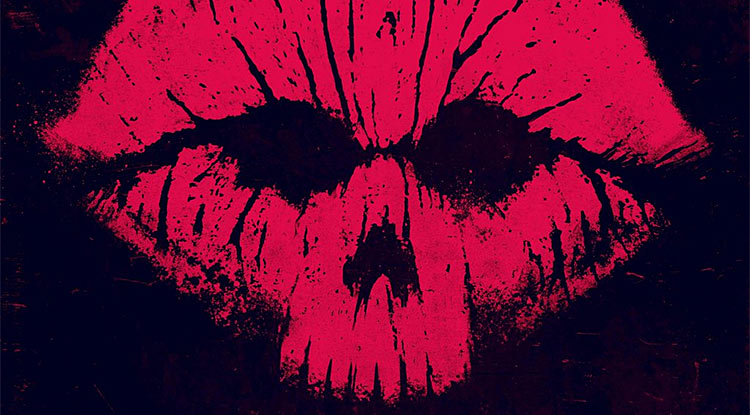The Cloverfield Paradox: Is it a horror franchise, or… many of you were probably eager to get home and tune into Netflix earlier this year to see the latest feature-length production in J. J. Abrams’ Cloverfield series. The trailer was short but promising, showing us everything from severed arms to a blood-covered, screaming blonde stuck between live wires, and strange, tentacle-like things grabbing a guy in the most suggestive way possible.
But the trailer was not entirely honest – while there were a handful of horrifying scenes in the movie, The Cloverfield Paradox was actually a multiverse-themed science fiction film that took its protagonists to a completely different universe with similar issues but a few notable differences.
One of them was the presence of the above-mentioned blonde on board the space station, the other was Earth’s position relative to the Sun… and they probably also spell netti kasinot differently. But let’s not dive into this right now but look at the franchise as a whole.
The first Cloverfield movie was a great found-footage horror flick, considered by many the spiritual successor to both The Blair Witch Project and Godzilla. It was filled with scares, too, and it was made well enough for even those who grew to hate found-footage films to enjoy it (yours truly included). It had everything one might expect from a monster movie with a bit of body horror added to the mix – overall, it was a memorable film with a lot of rewatch value.
Next in line was 10 Cloverfield Lane, the movie that took the franchise into a completely different direction. Instead of focusing on the events after the sudden emergence of Clover (and what it means for the world) it takes us on a trip into the mind of a slightly deranged prepper hiding himself and a couple of other humans (maybe with the purpose to repopulate the world) inside an underground bunker. He is convinced the world above is coming to an end – it is confirmed toward the end of the film, putting it into the Cloverfield universe (that now has alien spaceships, too). Finally, The Cloverfield Paradox feels a bit like an origin story. It does have its share of scares – it’s not exactly a horror movie, mind you, but a sci-fi with some horror elements – but it doesn’t focus on scaring its viewers shirtless at all. Instead, it explores the even more intriguing topic of parallel universes, along with the bleak future of Earth (this time, due to massive power outages). Allow me not to spoil the story for you – if you have a Netflix subscription, see it for yourself.
The three movies – along with this October’s Overlord – show that the Cloverfield franchise is not necessarily a series of films telling a continuous story. It is more like an anthology series set in a universe where strange things happen. And when seen from this perspective, the diverse styles of its movies suddenly start to make a bit more sense.








Stay Connected